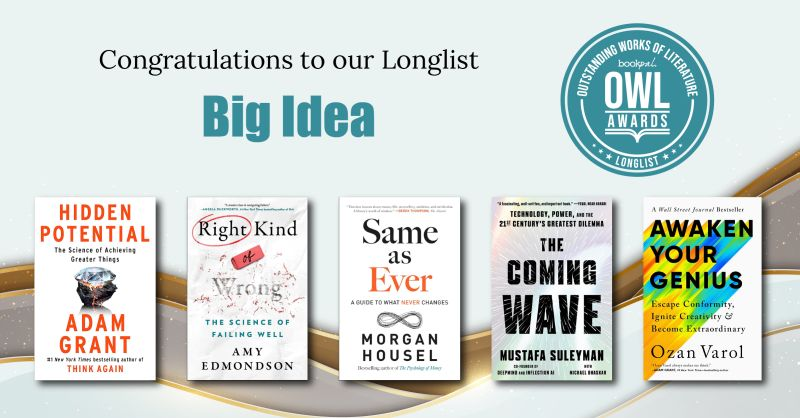“Where is the intermission?!?!” I remember thinking, baffled during my first movie theater experience in the United States.
Growing up in Turkey, I was used to the customary 10-minute intermission during movies—a brief hiatus to dash to the restroom, stretch your legs, and buy snacks and drinks right at your seat.
This memory resurfaced with the release of Martin Scorsese’s new film, Killers of the Flower Moon, which runs for a marathon 3 hours and 26 minutes. Some theaters in the United States, attuned to the audience’s comfort, introduced a 10-minute intermission.
This seemingly minor accommodation sparked a major controversy. Studios quickly stepped in, asserting that altering the movie’s presentation—even with a well-intentioned pause—violated licensing agreements. The intermissions were promptly canceled.
Scorsese defended the studios, labeling the intermission as a breach of “artistic integrity.” “Give cinema some respect,” he demanded, foregoing any respect for the bladders of the audience members.
The intermission debacle isn’t just about whether audiences deserve a break. It’s a vivid illustration of our collective resistance to change and the “this is how it’s always been done” mindset. (Yet, history actually tells us that intermissions in American theaters, especially for lengthy films like Gone with the Wind, were once a norm, not an anomaly.).
Innovation and progress are born from reimagining the status quo, from daring to ask, “What if we tried something different?” Whether it’s breaking a movie into two digestible halves or reimagining a business process, the willingness to try something new can lead to giant leaps.
Embracing change doesn’t always have to be daunting. By framing a new idea as an experiment, we can shift the perspective—it’s no longer a permanent change, but a temporary trial to gather data and insights.
Imagine if the studios had run intermissions as a strategic experiment, selecting a small number of theaters for a trial run. This would involve collecting audience feedback after the screenings and analyzing how intermissions affected concession sales—a potential lifeline for an industry facing numerous challenges.
Armed with these insights, studios would have a spectrum of options to consider: sticking to non-stop screenings, introducing intermissions for select films or specific showings, or even empowering theaters with the choice to decide based on their audience. This experimental approach would have opened the door to informed decision-making, rather than prematurely shutting down the potential for change.
Innovation doesn’t make a grand entrance. Often, it begins by subtly turning a period into a question mark, inviting an experiment to see if a different path might just be the wiser one.
After all, it’s often small changes, like slipping an intermission into a cinematic marathon, that can elevate the whole experience.
And sometimes the best way to appreciate art is to step away from it, if only for a moment, to absorb and anticipate the unfolding story.
P.S. Great news: Awaken Your Genius is one of 5 books nominated for BookPal’s Book of the Year award.
If you haven’t yet unleashed the power of this book in your life, or you’re thinking of gifting a spark of inspiration this holiday season, grab your copy here.

Bold



